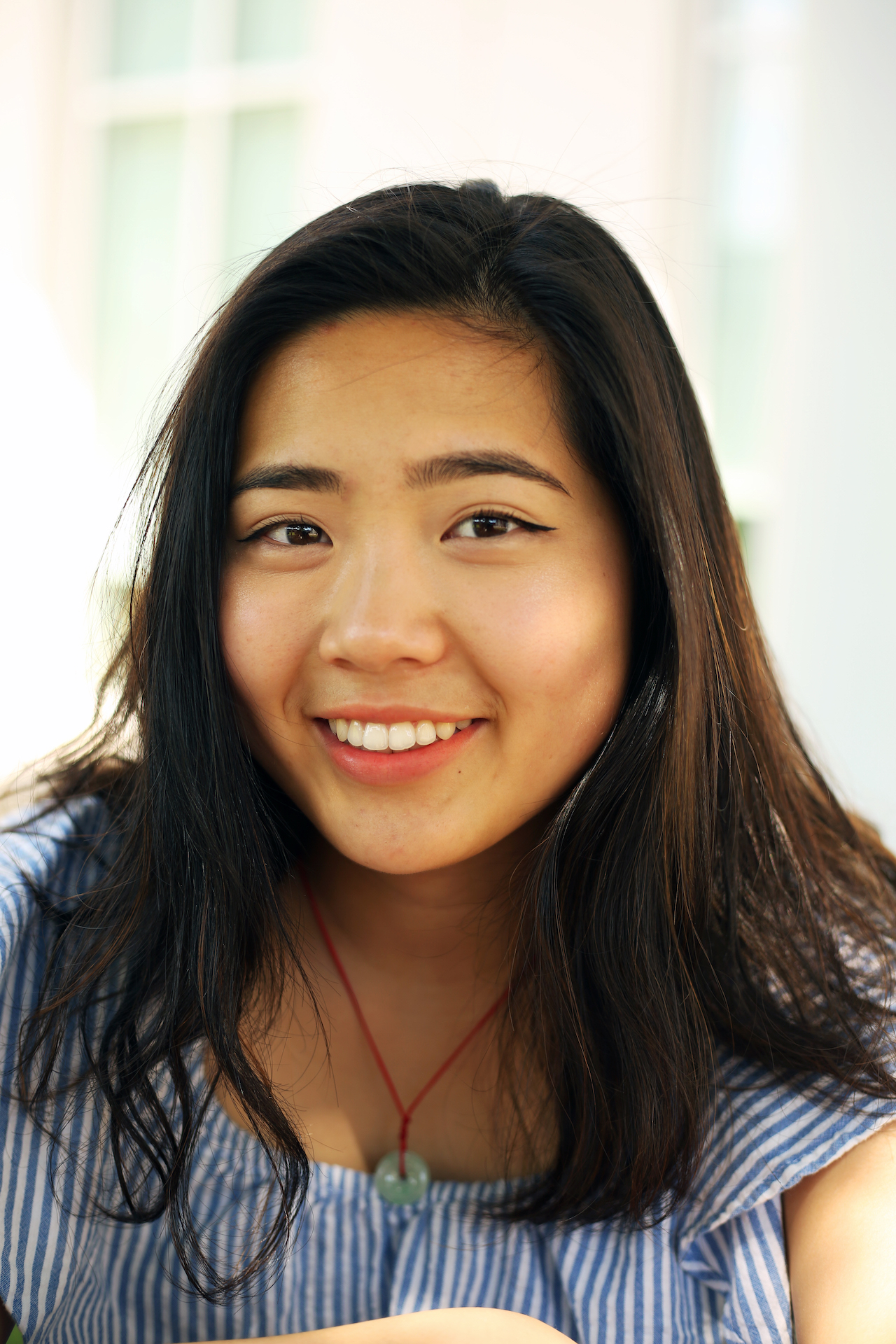Alice Zheng

A Change Maker
She/Her/Hers. 21C
For Alice Zheng, advocating for an identity space for Asian, Pacific Islander, and Desi Americans came easy. She has fit seamlessly into the political advocate role since her first year at Emory when she interned with the Office of Racial and Cultural Engagement (RACE).
While it came easy to her, advocacy itself isn’t always an easy and quick process. It took Alice time and effort, but it has been her purpose since arriving at Emory. Her goal as an intern for the Office of RACE and as an advocate for Asian Americans on campus was to find ways to encourage students to think about their race and identity.
Though her focus was on issues the APID/A community faced, her organization also advocated for the voices of other marginalized communities to be heard. Two years ago, when she heard about a possible revitalization of the identity spaces, she jumped into action.
“We wanted to advocate for a space for ourselves but also to advocate for Black and Latinx students to get bigger and more supported spaces,” said Alice.
When she learned that this initiative would focus on the collaboration of students, staff, and designers, she eagerly applied to become an ambassador. Thus, the work began.
As part of the commitment, students collaborate with a team of architects and designers to find ways to ensure functionality and emphasize the purpose and hope for each identity space. Not only are the ambassadors talking about furniture preferences but also ways students can facilitate conversations within and outside of each space.
Because of this process, Alice now thinks about Asian and Asian American identities, as well as those of other groups, very broadly. “[This project] made me think outside of my own bubble. We [all the ambassadors] want to think of an identity space that’s more encompassing of everybody.”
For Alice, the dynamism of the ambassadors made her experience as one more fruitful. Undergraduate students working with graduate students on certain features in each space or discussing topics of cultural appropriation gave room for honest collaboration.
“Thinking about the age difference and the country of origin was really impactful,” she said.
At Emory, Alice was able to explore her Asian American identity through her curriculum and her peers. She told us, “I always felt like I wasn’t sure if I had a political identity but [in my history classes], I realized that there were people before me that looked like me that were advocating for the same exact things I am.”
The last question we asked Alice was what she felt was most important about these new identity spaces.
“The most important thing these spaces provide is a place for community building across racial and ethnic lines. I think it’s really important to have our own spaces as identity groups but that’s something we can do very easily on our own by booking a room in the library and talking about our identities,” she said.
“But there is something really beautiful and special about seeing other community members in the next room and knowing there’s a space where you can come together and talk to each other and just be human together,” Alice added. “It’s being in the same space with students with other identities and recognizing it.”